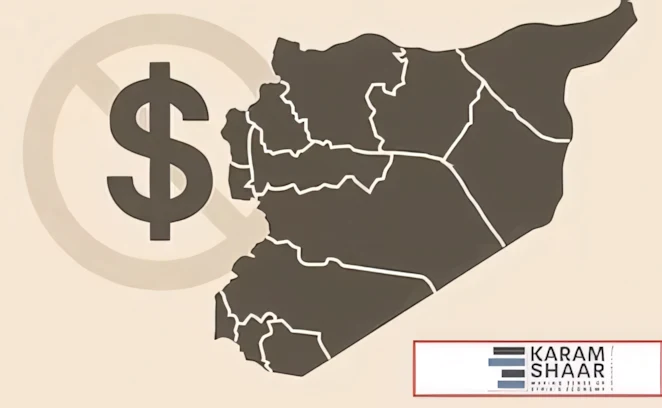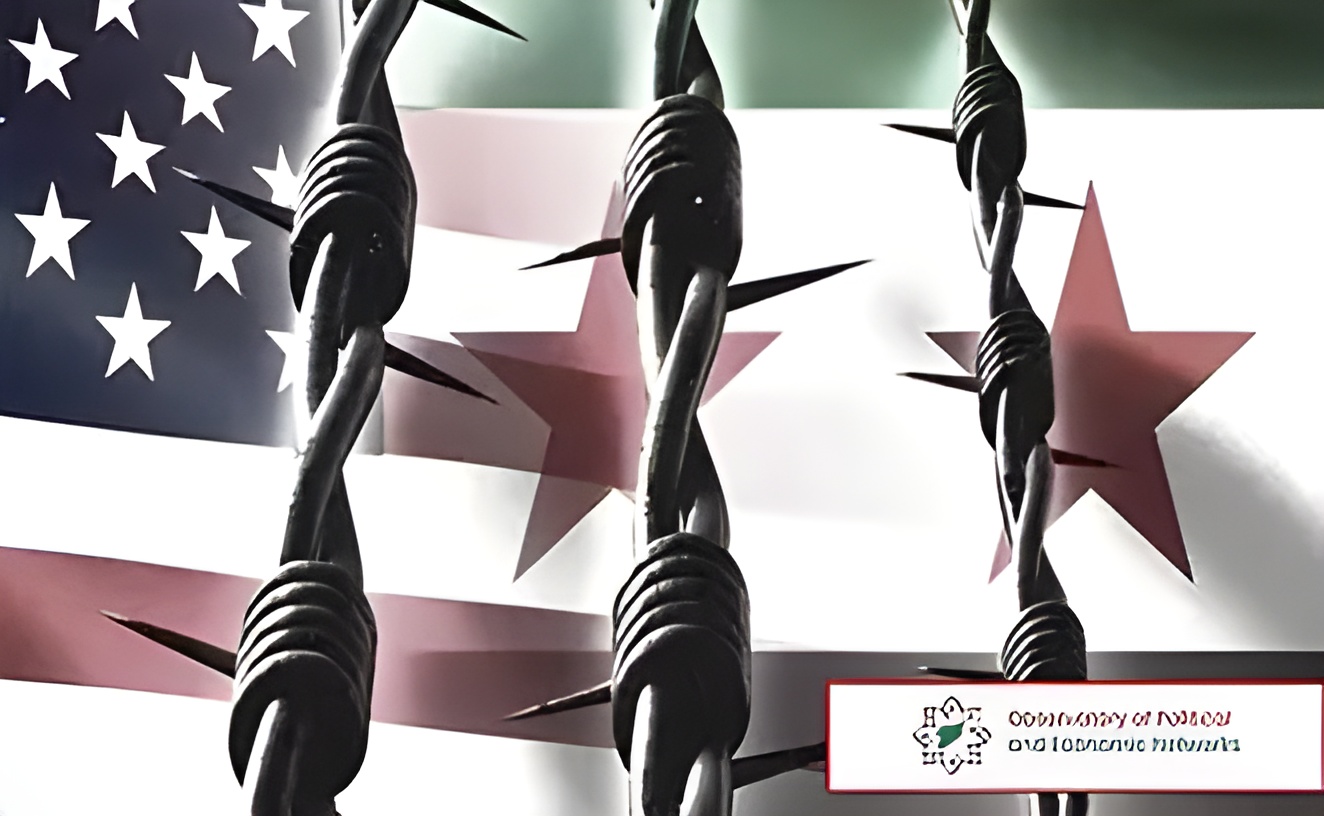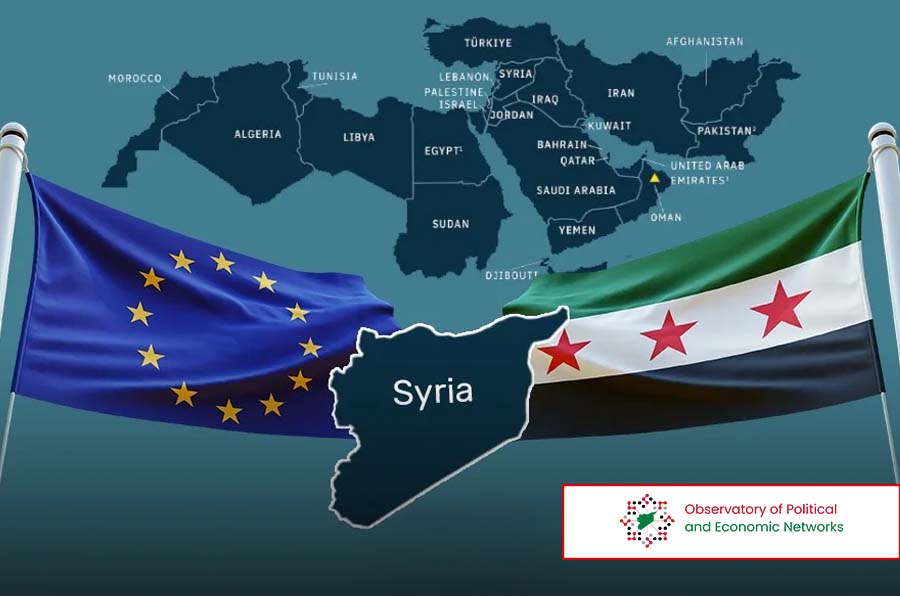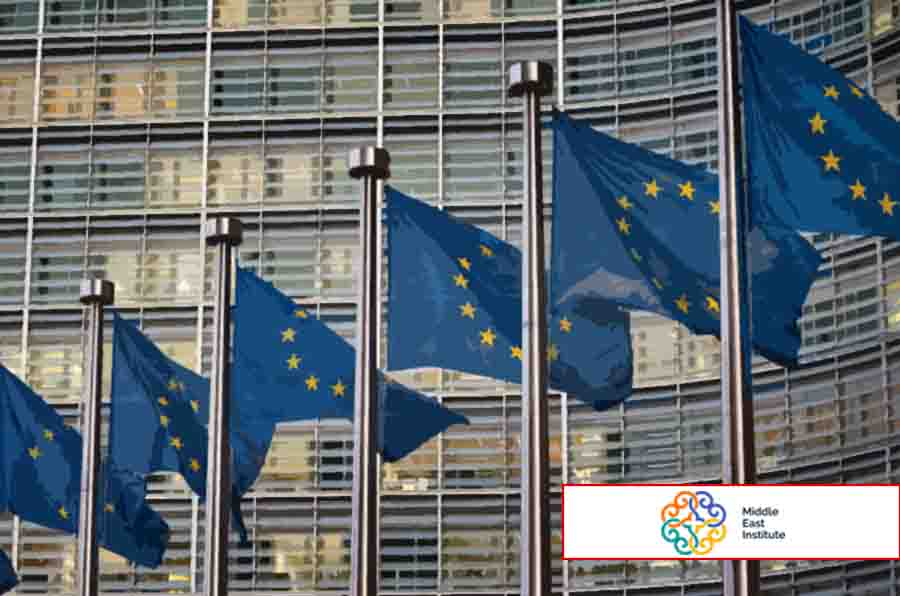Publications
Here we share all our published work, including peer-reviewed academic papers, policy papers, and op-eds.
Karam Shaar Advisory, Benjamin Fève, Vittorio Maresca di Serracapriola, and Karam Shaar (July 6, 2025)
The ousting of the Assad regime in December 2024 has opened a window to reassess existing sanctions. While the EU and UK have lifted most of their sanctions, the US has issued ad-hoc instruments such as General License 25 and temporary suspensions of the Caesar Act. As a result, Syria’s banking sector remains largely isolated from the global financial system. Drawing on interviews with Syrian bankers and compliance experts, this report evaluates the extent to which sanctions have contributed to the deterioration of the banking sector and explores pathways for reintegrating the country into the international financial system. It proposes a roadmap built on the enforcement of UN conventions, adherence to the Wolfsberg Group’s Transparency Principles and FATF standards, and enhanced coordination and capacity-building efforts with the IMF and the World Bank.
New Lines Institute, Karam Shaar and Roaa Obeid (June17, 2025)
Assad’s downfall revealed his regime’s deep involvement in Syria’s captagon trade. Over 200 million pills were seized in four months—20 times what Assad’s forces reported for 2024—much of it from military sites and regime-linked properties. Syria’s interim government has begun dismantling the trade, but arrests are rare and technical expertise persists. As smuggling adapts, regional coordination is crucial. The report recommends enhancing cross-border cooperation and building institutional capacity for interim authorities. It also warns of fragmented counternarcotics efforts, environmental harm from poor disposal, and a shift toward smaller labs and dangerous substitutes like methamphetamine.
Observatory of Political and Economic Networks, Vittorio Maresca di Serracapriola and Karam Shaar (May 2025)
The State Sponsor of Terrorism (SST) designation has long served as a blunt instrument of U.S. foreign policy. In Syria’s case, the designation—imposed in 1979 in response to support for armed non-state actors—was reinforced over decades through direct regime involvement in international attacks and sustained backing of Hezbollah. Today, with the Assad regime no longer in power and Syria shifting away from its historic alliances, the legal criteria for delisting have been formally satisfied. These include a change in leadership and policy, the end of support for terrorism, and credible guarantees of non-recurrence, including cooperation with U.S. counterterrorism efforts. This report outlines the political and legal framework for rescinding the designation and argues that the case for delisting now rests on political will, not statutory constraint.
Observatory of Political and Economic Networks, Vittorio Maresca di Serracapriola and Karam Shaar (May 20, 2025)
Targeted sanctions are often viewed as the precision-guided munitions of economic statecraft. Yet in Syria, where sanctioned actors control core economic sectors, these measures can trigger unintended systemic effects. While the EU has lifted sectoral sanctions to enable reconstruction, its targeted sanctions continue to obstruct the very actors and transactions needed to achieve it. This report proposes a methodology to determine whether such listings should be lifted or maintained, based on their real-world impact on economic recovery.
Middle East Institute, Karam Shaar (May 6, 2025)
As the EU prepares to renew its sanctions on Syria, this article argues for their immediate and unconditional repeal. While initially grounded in legal and moral opposition to Assad’s repression, the sanctions are now misaligned with Syria’s political reality, ineffective in promoting recovery, and counterproductive to EU interests. The report urges the EU to abandon all sectoral sanctions and maintain relevant targeted sanctions by transferring names from the Syria program to the EU Global Human Rights Sanctions Regime. Letting the Assad-era sanctions expire, Dr. Shaar contends, is not a concession to impunity but a necessary step toward restoring principled and effective EU policy.





